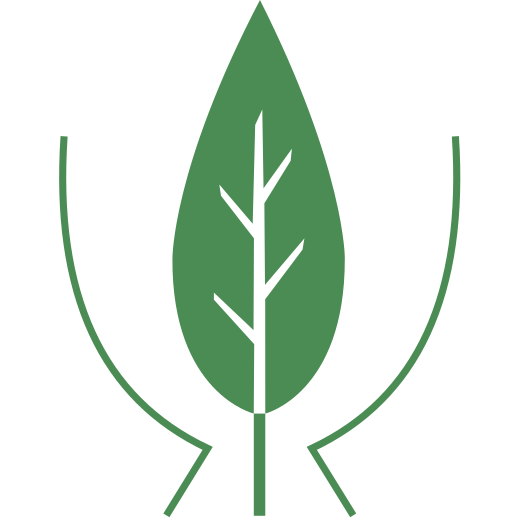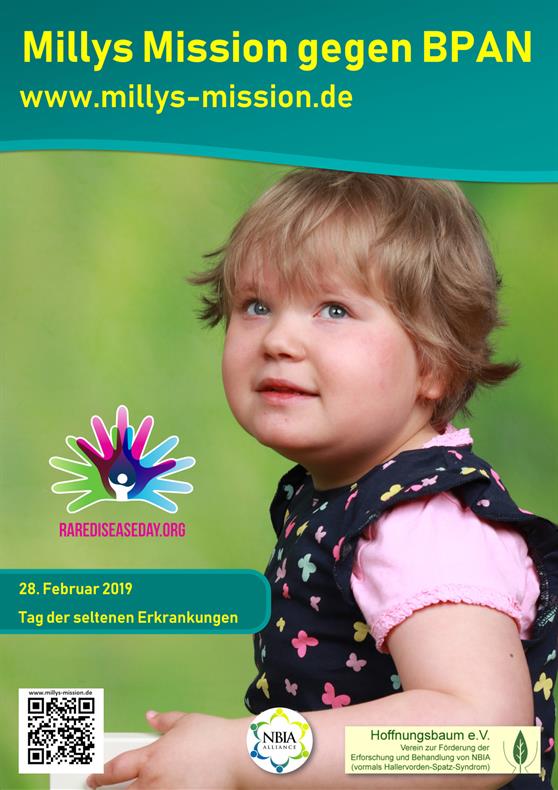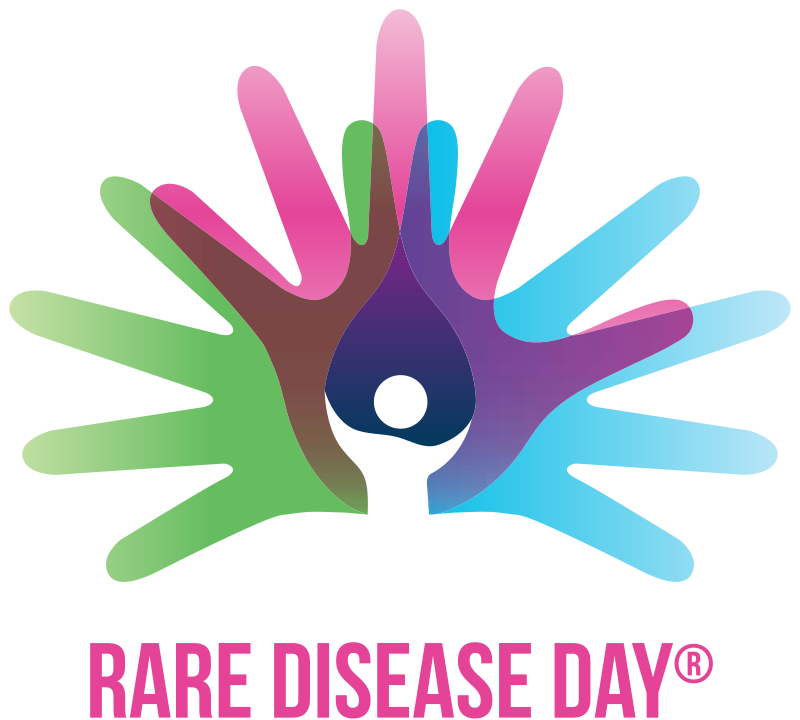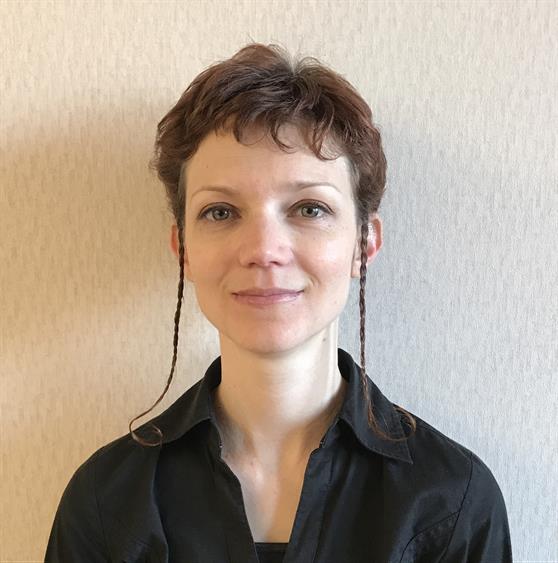Die erste internationale Ausschreibung für Forschungsprojekte von AISNAF im Rahmen einer Gemeinschaftsinitiative mit Hoffnungsbaum e.V. (Deutschland) und der NBIA Disorders Association (USA) ist abgeschlossen: Ein Projekt zur Entwicklung einer Gentherapie für PKAN wird gefördert. Das auf ein Jahr angelegte Projekt startet im Januar 2019. In den ersten Monaten des Jahres wird auch eine erneute Ausschreibung für MPAN und BPAN veröffentlicht.
„Gentherapie zur Behandlung der Neurodegeneration durch Eisenansammlung im Zusammenhang mit der Mutation des Pantothenatkinase-2-Gens (PANK2)“. Dies ist das Projekt, das von Lauriel Earley (siehe Bild), University of North Carolina – Chapel Hill, eingereicht wurde und nun mit Mitteln von AISNAF, Hoffnungsbaum e.V. und der NBIA Disorders Association als Ergebnis einer ersten internationalen Ausschreibung im Juli 2018 finanziert wird.
Die Ausschreibung dieser Gemeinschaftsinitiative, die unter der Leitung von AISNAF realisiert wurde, hatte sich zum Ziel gesetzt, drei Projekte zu drei verschiedenen Krankheiten der NBIA-Gruppe (PKAN, BPAN und MPAN) auszuwählen und jeweils mit 40.000 € zu finanzieren, das dafür erforderliche Gesamtbudget von 120.000 € zur Verfügung zu stellen und die allgemeine Strategie für die Auswahl der Projekte festzulegen.
Insgesamt 12 Forschungsanträge wurden eingereicht: acht zu PKAN, drei zu BPAN und einer zu MPAN.
Die Bewertung der wissenschaftlichen Qualität der Projekte wurde einer internationalen Ad-hoc-Kommission übertragen. Dieses Gremium bestand aus weltweit renommierten Wissenschaftlern und Ärzten, alle Experten auf dem Gebiet seltener neurodegenerativer Erkrankungen einschließlich NBIA. Im zweiten Schritt wurden die von den Experten als förderungswürdig erachteten Projekte in die Hände einer Laienkommission gelegt, bestehend aus Eltern und Patientenvertretern, die das letzte Wort über das zu fördernde Projekt hatten.
Bei PKAN fiel die Wahl auf das von Lauriel Earley vorgeschlagene Projekt zur Gentherapie, während kein Projekt zu MPAN und BPAN die Prüfung durch die wissenschaftlichen Gutachter bestanden hat.
Im Jahr 2019 wird eine neue Ausschreibung für Projekte zu den beiden NBIA-Krankheitsformen veröffentlicht, die in diesem Jahr nicht berücksichtigt werden konnten.
In dem Projekt, das nun im Januar 2019 starten kann geht es um Folgendes: Bei PKAN verhindern Mutationen des PANK2-Gens die Bildung von Coenzym A, einem Molekül, das an Hunderten von biochemischen Reaktionen im menschlichen Körper beteiligt ist, einschließlich Fettsäurestoffwechsel und Energieproduktion. Im Gehirn ist die am stärksten geschädigte Region der Globus pallidus, der u.a. willentliche Bewegungen steuert. Die Folge der Schädigung sind sehr schmerzhafte Dystonien (Muskelkontraktionen), Verlust der Koordination, häufig eine Netzhautdegeneration der Augen, eine Vielzahl weiterer neurologischer Symptome und eine verkürzte Lebenserwartung der von PKAN betroffenen Menschen, meistens Kinder, Jugendliche und junge Erwachsene.
PKAN ist eine Krankheit, die sich besonders gut für einen gentherapeutischen Ansatz eignet, bei dem eine gesunde Kopie des Gens in ein Transportsystem (typischerweise ein harmloses Virus) eingepflanzt wird, das die Genkopie dorthin transportieren kann, wo es seine Funktionen erfüllen soll. Tatsächlich ist nicht nur das PANK2-Gen recht kurz und passt sich daher an das Virus an, das es tragen muss. Es ist auch auf die betroffenen Körperregionen (Gehirn und Augen) begrenzt, so dass eine relativ geringe Menge an Virus benötigt wird, das mit einer sicheren und minimal-invasiven Operation direkt ins Gehirn eingebracht werden kann.
Das Projekt von Dr. Earley zielt darauf ab, die Sicherheit und Wirksamkeit dieses Ansatzes in Tiermodellen dieser Erkrankung zu testen.
Jüngste Ergebnisse, die mit dem gleichen Ansatz bei anderen genetischen Erkrankungen gewonnen wurden, zeigen, dass die Gentherapie sicher sein kann und zu einer konkreten Verbesserung des Lebens der Patienten führt.
Sicherlich ist die Arbeit, die im Falle von PKAN zur Erreichung dieses Ziels geleistet werden muss, enorm und wird mehrere Jahre und viele Mittel erfordern. Die von AISNAF, Hoffnungsbaum e.V. und der NBIA Disorders Association für diese Forschung bereitgestellten Mittel sind jedoch der erste wichtige Schritt in diese Richtung.



